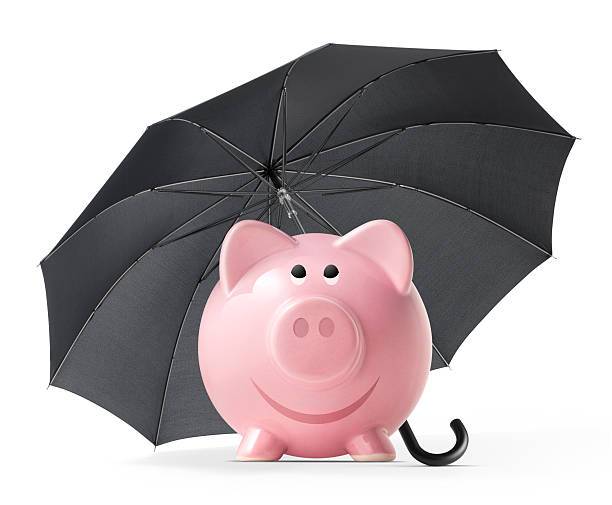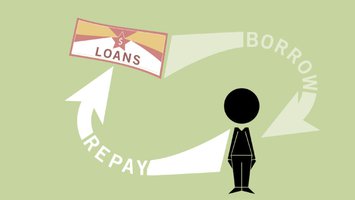 Your budget may be small but your decorating ideas don’t have to be! Colorful accents breathe life into neutral furnishings in the living room. So adding a colorful throw pillow can bring life back into that outdated sofa — and for a few dollars, decorating a living room can be easy on the budget.
Your budget may be small but your decorating ideas don’t have to be! Colorful accents breathe life into neutral furnishings in the living room. So adding a colorful throw pillow can bring life back into that outdated sofa — and for a few dollars, decorating a living room can be easy on the budget.
Small decorating projects can freshen up your home and be easy on your pocket. Rather than spending a small fortune on expensive wallpaper, consider a DIY project with paint and a pretty stencil. Wall Stencils for painting is a great alternative to wallpaper. You can customize your DIY stencil projects with your favorite combination of paint colors and patterns — all for a fraction of the price of expensive wallpaper!
Ever think about collecting? It only takes a few items to showcase and start a collection. Start with a handful of extraordinary originals or find less expensive replicas, then display your prized items on a shelf.
Check your local Estate Sales. Most local papers or online classified list current estate sales. You can view pictures and descriptions of estate sales in your area.
Here’s one of the writer’s favorites — turn a closet into a simple craft “room” or home office by covering the doors with pegboard and sliding a desk or table in the space.
From simple room accents that transform your space on a budget without completing a full-scale remodel to painting a wall, giving your home a fresh look without breaking the bank does work! If you want to tackle bigger DIY projects, rethink your kitchen with remodeling ideas you can complete yourself.


 One of the first lessons of money management our parents taught us was to save for a rainy day. Life throws financial curve balls and it’s not IF, but rather when. If we’re not prepared for that strike from left field, the happy life we worked so hard to build, will be ripped to shreds. Not being able to sustain your lifestyle and pay your bills can be devastating! When going to the mailbox or managing your email becomes a tragic event, you have to get creative and pull yourself out of the hole you fell into. Asking yourself why didn’t you listen to your mother and head her advice to sock something away every payday into a “Rainy Day Fund,” will do absolutely nothing to get you out of your financial mess. If you ask this question and learn a financial lesson, then maybe you can grow from the ordeal.
One of the first lessons of money management our parents taught us was to save for a rainy day. Life throws financial curve balls and it’s not IF, but rather when. If we’re not prepared for that strike from left field, the happy life we worked so hard to build, will be ripped to shreds. Not being able to sustain your lifestyle and pay your bills can be devastating! When going to the mailbox or managing your email becomes a tragic event, you have to get creative and pull yourself out of the hole you fell into. Asking yourself why didn’t you listen to your mother and head her advice to sock something away every payday into a “Rainy Day Fund,” will do absolutely nothing to get you out of your financial mess. If you ask this question and learn a financial lesson, then maybe you can grow from the ordeal. Borrowing responsibly means borrowing only what you need. Although it’s tempting to add a few hundred to the principal, remember that extra amount will end up costing you a great deal more at the end of the loan period. Adding more interest to the principal can definitely keep you chained to the loan and seem like you will never see that final payment.
Borrowing responsibly means borrowing only what you need. Although it’s tempting to add a few hundred to the principal, remember that extra amount will end up costing you a great deal more at the end of the loan period. Adding more interest to the principal can definitely keep you chained to the loan and seem like you will never see that final payment.
 Are you having some trouble paying your bills? Stretching the budget every month has become an art form and barely being able to make ends meet has become the norm in this economy. So what do you do? For most of us, finding a second job is the last resort, but when faced with this decision and starting your search, you need to be flexible with yourself.
Are you having some trouble paying your bills? Stretching the budget every month has become an art form and barely being able to make ends meet has become the norm in this economy. So what do you do? For most of us, finding a second job is the last resort, but when faced with this decision and starting your search, you need to be flexible with yourself. Except winning a large sum in a lottery draw or discovering a huge treasure, there are no shortcuts to becoming rich other than being disciplined. The key factor that determines how rich or poor you are is your ability to control your spending habits. If really want to be rich, you need to be moderate in the following areas.
Except winning a large sum in a lottery draw or discovering a huge treasure, there are no shortcuts to becoming rich other than being disciplined. The key factor that determines how rich or poor you are is your ability to control your spending habits. If really want to be rich, you need to be moderate in the following areas. Almost all major appliance stores in the country today will offer the largest, most vivid color television with 1080p HD display and other bells and whistles that are sure to attract the most savvy tech consumer. The good news is that many of these TV sets are currently selling for around $500, which is far cheaper than what they were going for two or three years ago. The bad news is that you’ll have to wade through the salesman’s extended warranty pitch many, many times.
Almost all major appliance stores in the country today will offer the largest, most vivid color television with 1080p HD display and other bells and whistles that are sure to attract the most savvy tech consumer. The good news is that many of these TV sets are currently selling for around $500, which is far cheaper than what they were going for two or three years ago. The bad news is that you’ll have to wade through the salesman’s extended warranty pitch many, many times.